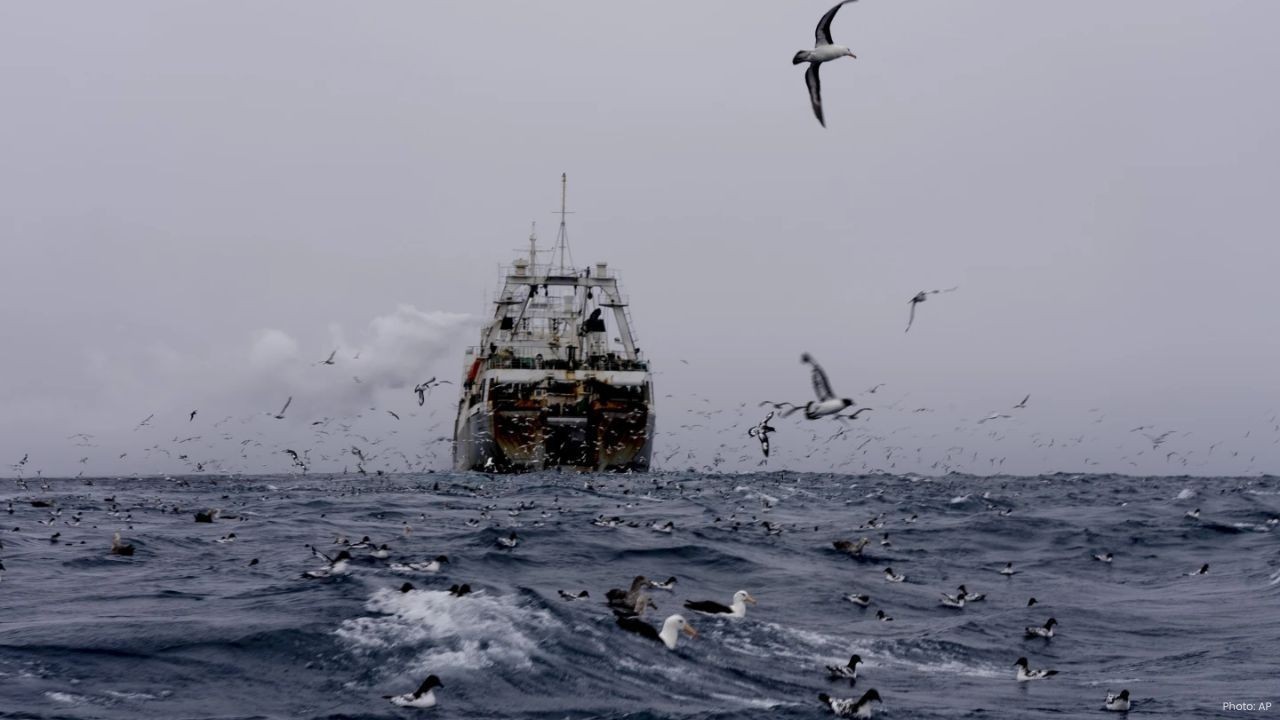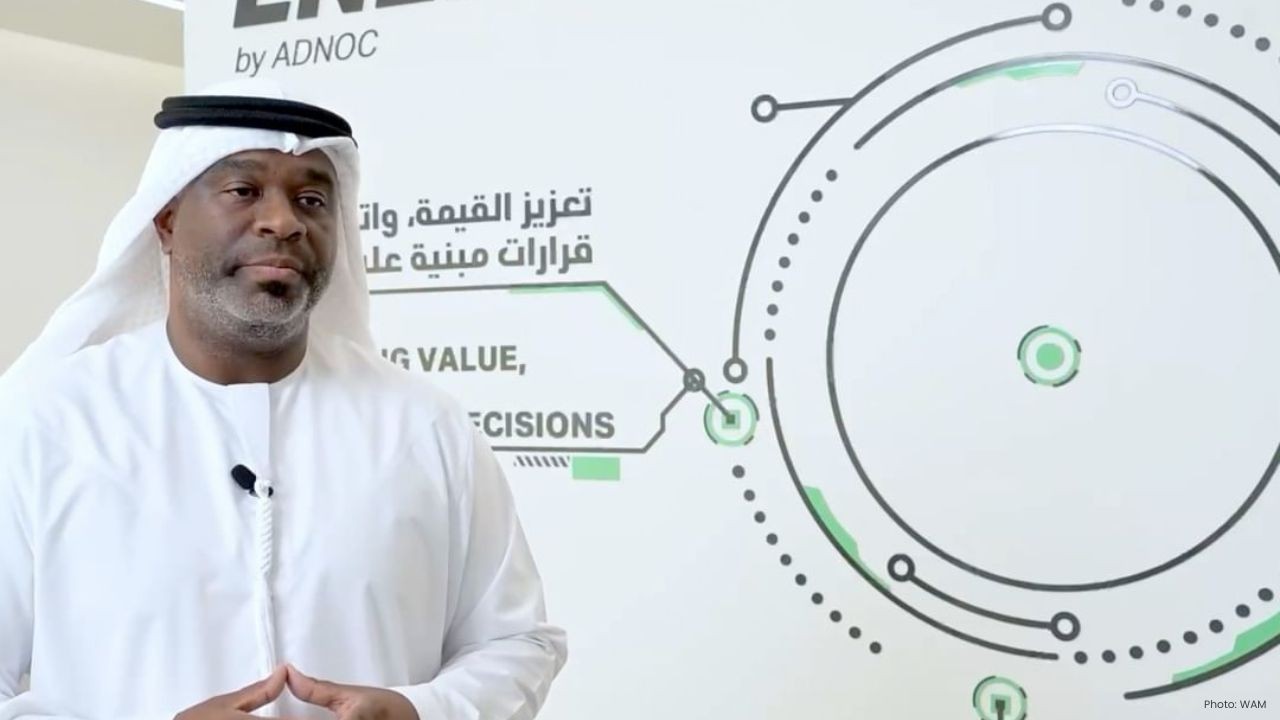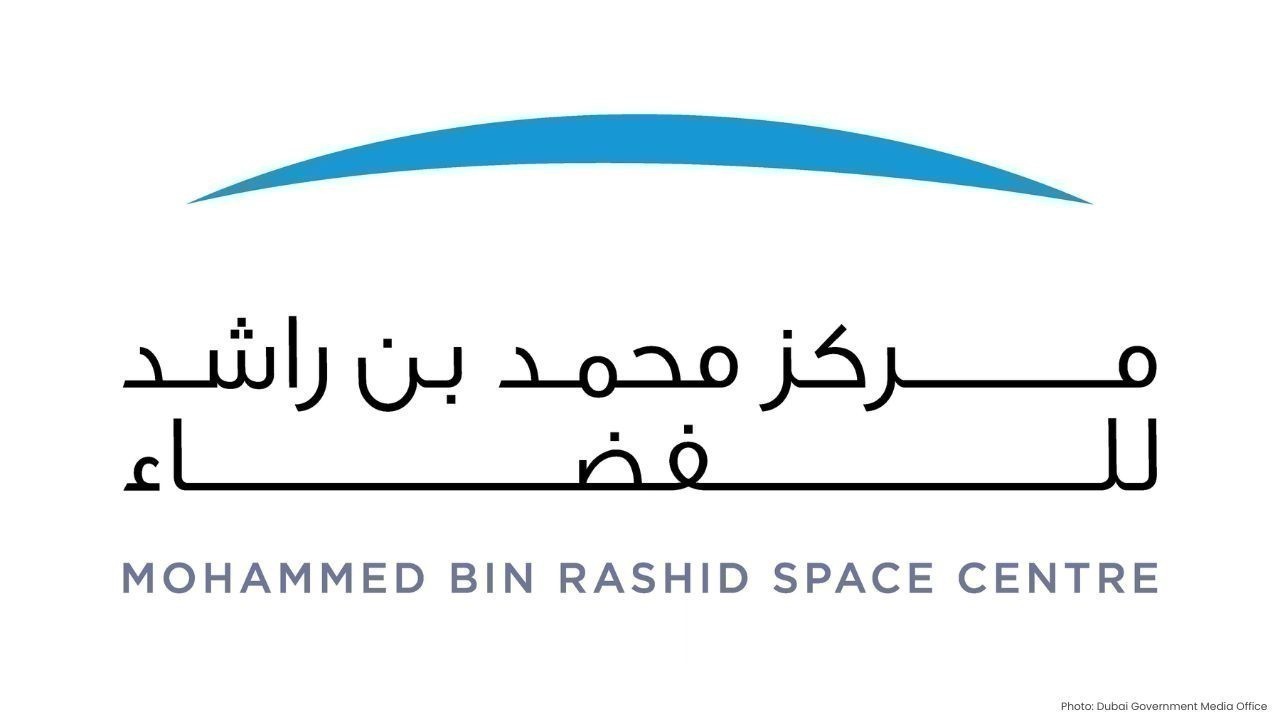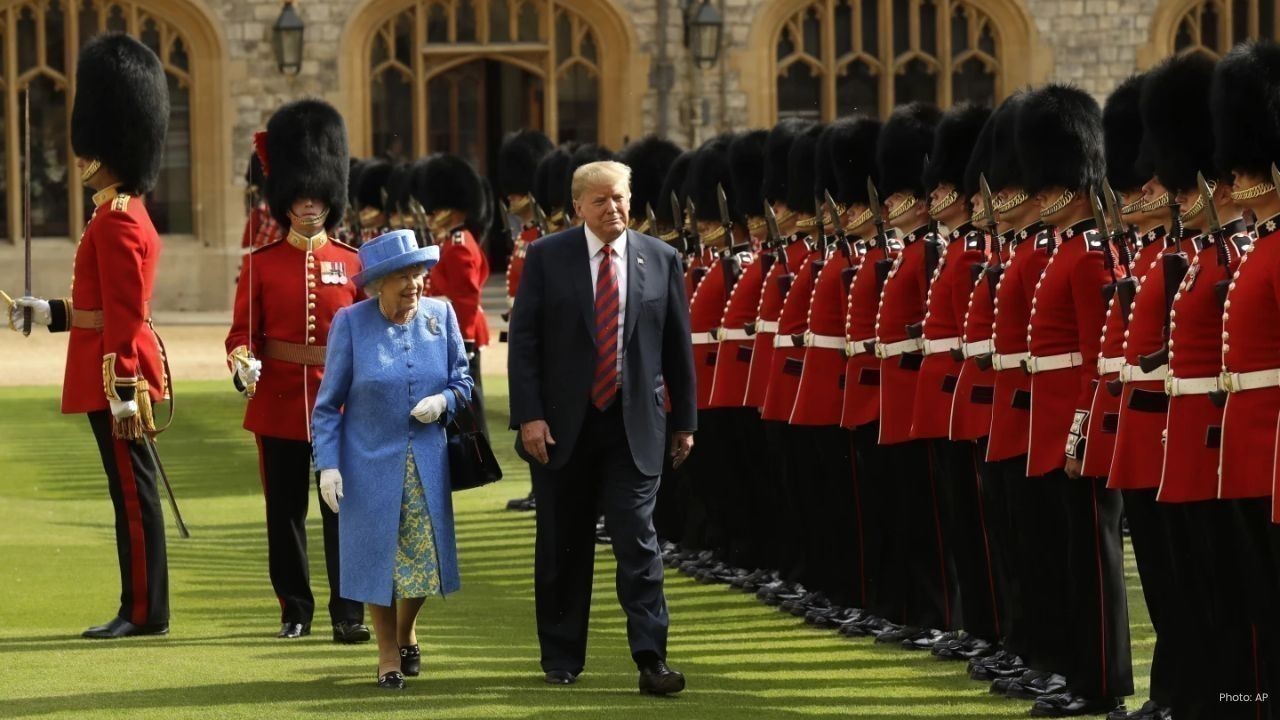
Post by : Layla Badr
The World Trade Organization (WTO) has announced that its long-awaited agreement aimed at reducing overfishing has officially come into effect on Monday. The deal requires countries to reduce subsidies given to fishing fleets, aiming to protect marine life and ensure that fish populations in the world’s oceans remain sustainable for future generations.
This agreement has been in discussion for over three years and has finally reached the stage where enough countries have formally approved it. Its main goal is to prevent the depletion of fish stocks caused by excessive fishing, a problem that has worsened over the years as global demand for seafood continues to grow.
Stay informed with the latest news. Follow DXB News Network on WhatsApp Channel
What the Agreement Means
The WTO Agreement on Fisheries Subsidies is being called a historic step for environmental protection and ocean sustainability. It is the first broad, binding multilateral agreement by the WTO that focuses directly on the environment.
The agreement, promoted strongly by WTO Director-General Ngozi Okonjo-Iweala, officially came into effect after four more countries — Brazil, Kenya, Tonga, and Vietnam — formally adopted it. This approval brought the total number of countries supporting the deal to 112, just over the two-thirds majority of WTO members required for it to take effect.
Among the countries that have signed the deal are major players like China, the United States, and the European Union, which represents 27 member states. Some countries, such as India and Indonesia, have yet to join.
Why Overfishing Is a Problem
Overfishing occurs when more fish are caught than the population can naturally replace. This leads to a decline in fish stocks, which can harm marine ecosystems and threaten the livelihoods of millions of people who depend on fishing for food and income. According to experts, around 38% of global fish stocks are now overfished, which is a worrying increase from previous decades.
Without proper regulation, overfishing not only affects marine life but also has economic consequences. Fishing fleets may expand and compete aggressively, leading to more overcapacity — a situation where there are more ships and equipment than needed. This increases the risk of further depleting fish populations.
How the WTO Deal Works
The WTO agreement is divided into two parts. The first part, which is now in effect, focuses on limiting subsidies for illegal fishing and fishing in areas where stocks are already overfished. This means that countries will no longer be able to provide financial support that encourages harmful fishing practices.
A second part of the agreement, still under discussion, will address subsidies that contribute to overcapacity in the large-scale fishing industry. These subsidies often help fleets build more ships or maintain equipment, making it cheaper and easier to fish on a large scale. Experts believe that this second part is crucial because without it, the overall problem of overfishing and overcapacity will continue.
Financial Support and Assistance
The Pew Charitable Trusts, an advocacy organization, has welcomed the agreement, stating that it will require countries to limit some of the $22 billion in subsidies worldwide that promote unsustainable fishing practices. The agreement also plans to create a “fish fund” to help developing countries implement the rules. This fund aims to support nations that may struggle to enforce regulations or shift toward sustainable fishing practices.
Reactions from Environmental Groups
Oceana, one of the leading ocean conservation organizations, highlighted that fish populations have been declining for more than a generation due to overfishing. Today, the situation has become even more urgent, as millions of people depend on the oceans for food and livelihoods.
Rashid Sumaila, a board member of Oceana and head of the Fisheries Economics Research Unit at the University of British Columbia, said that the first phase of the agreement is only a starting point. While it does not stop all harmful subsidies or solve overcapacity issues, it lays the foundation for stronger regulations in the future. He emphasized, “Without fish, it’s game over for the hundreds of millions of people who depend on the ocean.”
Why the Second Phase Matters
The second part of the agreement, which focuses on subsidies that increase fishing capacity, is essential for long-term ocean sustainability. If fleets continue to expand and fish in large numbers, it will drive the cost of fishing down and encourage more overfishing. By controlling subsidies for shipbuilding and equipment, the WTO hopes to limit this overcapacity and ensure that fishing remains sustainable.
Experts hope that the momentum from the first phase of the deal will help bring countries together to finalize the second phase. This combined approach could significantly reduce overfishing and support healthier marine ecosystems worldwide.
Global Significance
This agreement marks a historic milestone in international environmental governance. For the first time, the WTO, traditionally focused on trade and economic issues, is taking a direct step to protect the environment. It reflects a growing recognition that global trade policies and environmental sustainability must go hand in hand.
With over 112 countries now on board, including some of the world’s largest fishing nations, the deal has the potential to make a real difference. However, achieving long-term success will depend on the participation of all countries, including holdouts like India and Indonesia, and the effective enforcement of the new rules.
Challenges Ahead
While the agreement is a major step forward, challenges remain. Enforcement will be crucial, as some countries may continue harmful practices despite the rules. Monitoring illegal fishing and ensuring compliance requires strong international cooperation and effective reporting mechanisms.
Additionally, the success of the “fish fund” and other support programs will be vital for developing countries that rely heavily on fishing for food security and income. Without financial and technical assistance, these countries may struggle to follow the new regulations.
The WTO Agreement on Fisheries Subsidies is an important milestone for the world’s oceans. By limiting harmful subsidies and encouraging sustainable fishing practices, it aims to protect marine life and ensure that fish populations remain healthy for future generations.
Although the first phase of the agreement only addresses subsidies related to illegal fishing and overfished stocks, it lays the foundation for more comprehensive measures that can tackle overcapacity and other threats. With global cooperation and continued momentum, this agreement could mark the beginning of a more sustainable era for the world’s oceans.
The success of this deal will not only safeguard marine ecosystems but also protect the livelihoods of millions of people who depend on fishing worldwide. It is a reminder that international collaboration is essential to address environmental challenges that cross borders and impact everyone on the planet.

ADNOC Expands AI Use to Boost Efficiency and Customer Service
ADNOC Distribution adopts AI across operations to improve customer experience, boost efficiency, and

Abu Dhabi Launches First Autonomous Delivery Vehicle Pilot
Abu Dhabi tests self-driving delivery vehicles in Masdar City, marking a milestone in smart mobility

Demystifying Health Trends Truths Myths and Smart Choices for Wellness
Discover the truth behind health trends separate facts from myths and make smart choices for long t

UAE Sends Second Relief Airlift to Aid Earthquake Victims
Dubai Humanitarian sends a second airlift to Afghanistan with tents, household goods, and medicines,

MBRSC Hosts First Space Science Connect Event in Dubai
MBRSC will host the first Space Science Connect event in Dubai, bringing top scientists together to

Presidents and First Ladies’ Memorable Blunders with Royals
From Carter to Trump, U.S. presidents and first ladies have made memorable mistakes with the British

WTO Deal Takes Effect to Reduce Overfishing and Protect Oceans
WTO’s new fisheries agreement limits harmful subsidies, aims to protect ocean life, and ensures sust

The Mind Gut Connection How Your Diet Shapes Your Mood and Mental Health
Discover how your diet affects mental health mood and stress Learn tips to keep your gut and mind

Dubai s 2025 Property Outlook Key Trends Prices and Investment Opportunities
Discover Dubai s 2025 property trends price changes rental yields and investment opportunities in

Like Trees Let Us Live to Give A Lesson in Purposeful Living
Discover life lessons from trees on giving purpose and serving others in every season inspiring a

From Street Style to High Fashion How Modest Fashion is Evolving in the UAE
Explore how modest fashion in the UAE evolved from traditional wear to stylish street and high fashi

Spotlight on Emerging Emirati Designers Shaping Dubai s Global Fashion Scene
Discover how emerging Emirati designers blend tradition modernity and sustainability to redefine D

Mastering Power Dressing Your Complete Guide to Dubai s Business Style
Learn how to master power dressing in Dubai s business world with tips on colors fit accessories

The Rise of Sustainable Fashion in the UAE Eco Friendly Trends Shaping 2025
Explore how sustainable fashion is transforming the UAE with eco friendly trends innovative designs

The Hottest Fashion Trends of 2025 Bold Colors Sustainable Styles & Dubai Street Fashion
Explore 2025 fashion trends in Dubai bold colors sustainable styles oversized outfits vintage lo